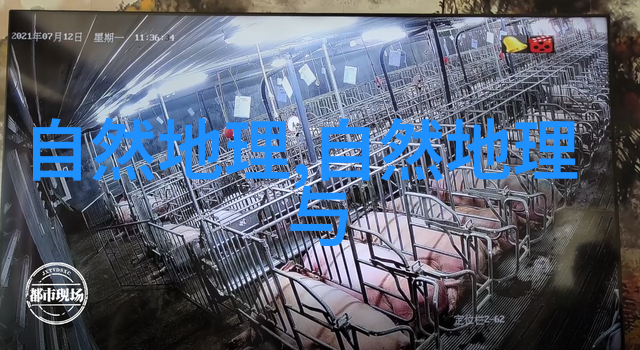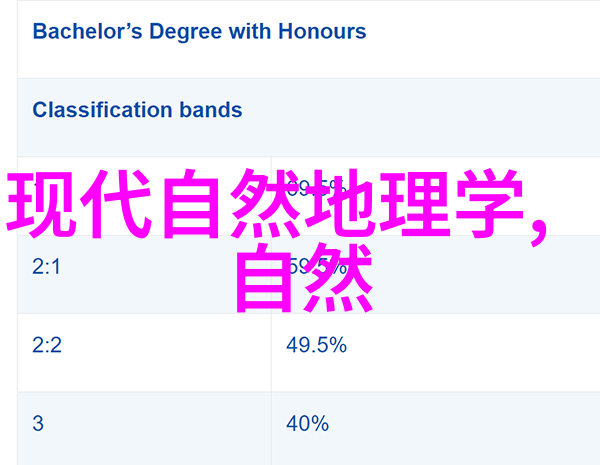农业用水管理:减少农药残留的策略

农业用水的重要性
农业是人类社会的基础,农业用水则是保障粮食安全和维持生态平衡不可或缺的一部分。然而,在追求高产量、高效益的过程中,我们往往忽视了对环境友好的理念,导致了大量农药和肥料流入土壤和地下水,从而引发了严重的水污染问题。

农药残留与水污染
农药残留不仅会直接影响人体健康,还可能通过渗透土壤、滋养植物,最终进入地下水层,对饮用水资源造成潜在威胁。在中国,这一问题尤为突出,因为我们的农业发展水平较高,而监管力度相对于欧洲国家等先进国家来说还显得不足。

减少农药使用的建议
为了保护我们的地下储蓄——即地下水资源,我们需要采取措施来减少农药使用,并确保这些化学物质不会进入自然环境。以下是一些具体建议:

采用绿色种植技术:选择更为环保、能自然降解或生物降解性的作物种类,如玉米、小麦等。

合理施肥:避免过量施放化肥,采用有机肥料代替化肥,以提高土壤营养含量并促进微生物活动。
精准灌溉:利用现代灌溉技术如地面灌溉系统、喷雾灌溉系统等,最大限度地减少漏失和污染。
实施集约化生产:鼓励大型农场规模经营,以提高土地利用效率,同时也能够更好地控制化学品使用。
加强监管与法规建设
政府应加大对农业领域内污染物排放标准制定的力度,为此建立健全法律体系,对违反规定的大型企业进行处罚,并给予奖励政策支持那些实行节约资源消耗、减少污染排放的小型家庭农场或者个体户。此外,可以推广绿色认证制度,让消费者在购买产品时能够做出环保选择,从而形成市场驱动力的循环经济模式。
公众参与与教育提升
公众参与是解决这一问题的一个关键因素。政府应当加强公众教育,不仅要让人们了解到过多使用化学品对环境造成的危害,还要鼓励他们积极参与到清洁行动中去,比如组织社区里的垃圾分类活动,以及参加河流清洁日等公共卫生活动。这既可以增强公众责任感,也能通过实际操作培养孩子们未来成为更加负责任的人民群体。
科技创新与国际合作
最后,不断推动科技创新也是保护我们宝贵资源的一条重要途径。可以投资研发新型无毒或低毒性農藥,用以替代传统農藥;同时,与其他国家交流经验,将世界各国在这方面取得成果转化为实际应用,为全球食品安全及环境保护贡献力量。
总结:
agriculture water management plays a crucial role in ensuring food security and maintaining ecological balance, but it also poses a significant threat to the environment due to excessive use of chemical fertilizers and pesticides that contaminate soil and groundwater resources, ultimately affecting human health and environmental sustainability.
To mitigate this issue, we must adopt measures to reduce the usage of agricultural chemicals while ensuring their proper disposal or recycling after use, as well as invest in green technology for crop cultivation and efficient irrigation systems.
Furthermore, governments should establish stringent regulations on agricultural waste management and enforce penalties against violators while offering incentives for those who practice sustainable farming methods.
Public awareness campaigns can be initiated to educate people about the hazards associated with overuse of agrochemicals so they can make informed decisions when purchasing products from farms or supermarkets.
Lastly, continuous innovation is vital in addressing these issues through research into eco-friendly alternatives such as organic farming practices or low-toxicity pesticides alongside international collaboration efforts aimed at sharing best practices worldwide for preserving our precious natural resources.



